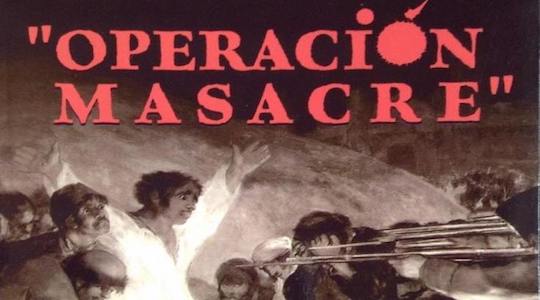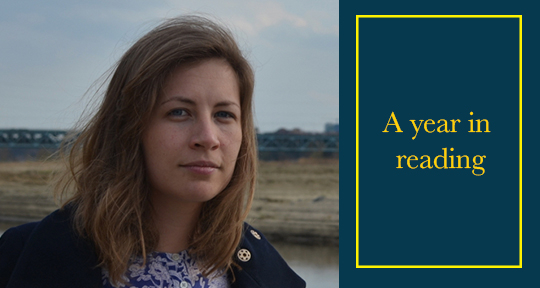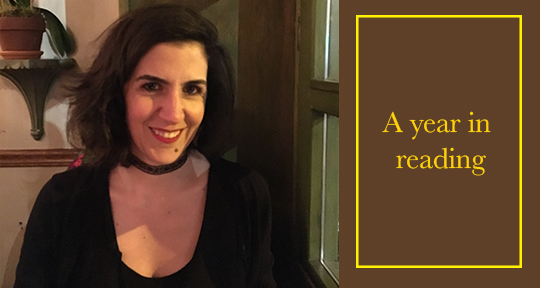Playing with food imagery and writing in a jazzy rhythm, this metafictional musing on the economic reality of being a writer gives the reader a glimpse at the rationale behind microfiction. The sprinkling of French terms places us in a specific context, but the endeavor feels universal as the narrator works to eat. For more microfiction, head over to the brand new Winter 2018 issue of Asymptote!
Business is much too slack these days to imagine treating oneself to a simple sherbet dip after a day spent scribbling in the light of the desk lamp, and going off, just like that, to lick the liquorice stick while daydreaming under the moonlight. It’s drummed into me from all sides that one must breathe frugally and through clenched lips, measure my steps parsimoniously, mind the tallow on the end of the candle and above all cut down on my extravagances. Times are for cutting the kipper in quarters, you see, my wife said to me just yesterday and as we sat down to eat, and I won’t even go into how much your ciggies are costing us. I blushed slightly. Soon we’ll have to go up the stairs two by two to protect the steps, I thought in petto, not wanting to be outdone.




